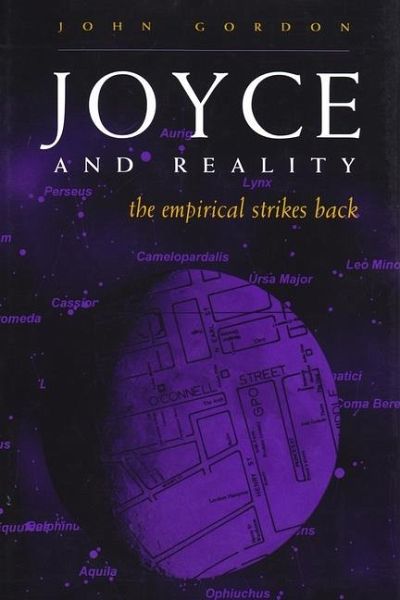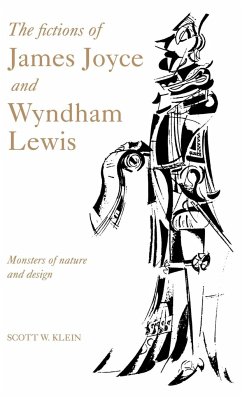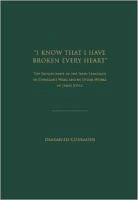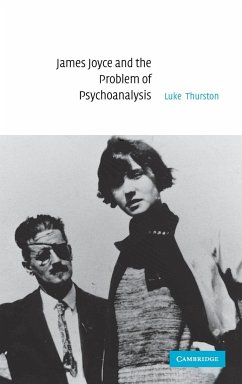
Joyce and Reality
The Empirical Strikes Back
Versandkostenfrei!
Versandfertig in über 4 Wochen
43,99 €
inkl. MwSt.

PAYBACK Punkte
22 °P sammeln!
Joyce was a realist, but his reality was not ours, writes John Gordon in his new book. Here, he maintains that the shifting styles and techniques of Joyce's works is a function of two interacting realities - the external reality of a particular time and place and the internal reality of a character's mental state. In making this case Gordon offers up a number of new readings: how Stephen Dedalus conceives and composes his villanelle; why the Dubliners story about Little Chandler is titled ""A Little Cloud""; why MacDowell suddenly appears and disappears; what is happening when Leopold Bloom lo...
Joyce was a realist, but his reality was not ours, writes John Gordon in his new book. Here, he maintains that the shifting styles and techniques of Joyce's works is a function of two interacting realities - the external reality of a particular time and place and the internal reality of a character's mental state. In making this case Gordon offers up a number of new readings: how Stephen Dedalus conceives and composes his villanelle; why the Dubliners story about Little Chandler is titled ""A Little Cloud""; why MacDowell suddenly appears and disappears; what is happening when Leopold Bloom looks for two minutes at a beer bottle's label; why the triangle etched at the center of Finnegans Wake doubles itself and grows a pair of circles; why the next to last chapter of Ulysses has, by far, the book's highest incidence of the letter C; and who is the man in the macintosh. Gordon, whose authoritative Finnegans Wake: A Plot Summary received critical acclaim and is considered one of the standard references, revises - and challenges - the received version of that reality. For instance, Joyce features ghost visitations, telepathy, and other para-normal phenomena not as ""flights into fantasy"" but because he believed in the real possibility of such occurrences.












